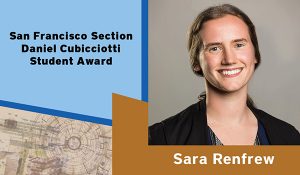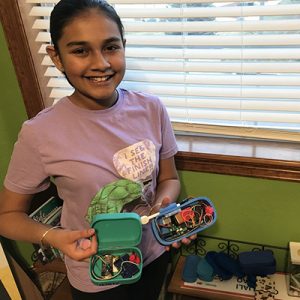Perovskite-based solar cells are all around great. They offer energy efficiencies similar to those of traditional silicon-based cells, are lightweight, simple and cheap to produce, and offer physical flexibility that could unlock a wide new range of installation methods and places, according to Georgia Teach Research Horizons.
The only problem: figuring out how to produce perovskite-based energy devices that last longer than a couple of months.
Researchers at Georgia Institute of Technology, University of California San Diego, and Massachusetts Institute of Technology may be closer to solving that problem. (more…)


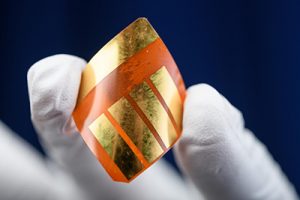
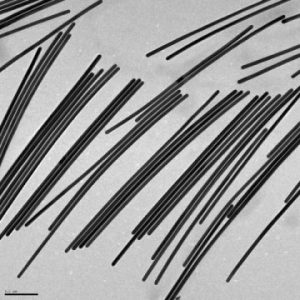
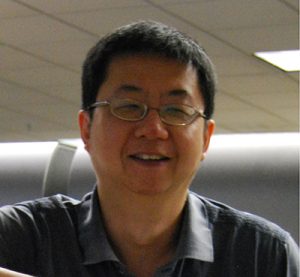
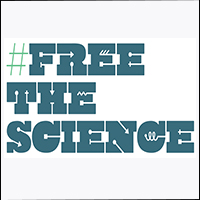
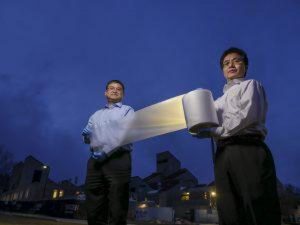
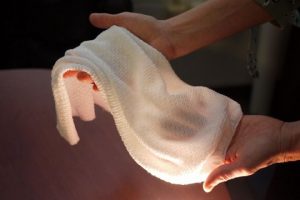

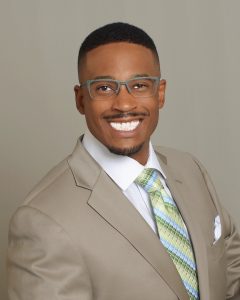 The following guest post is by Telpriore G. Tucker, PhD, founder of the ECS Valley of the Sun (Central Arizona) Student Chapter. In it, Tucker discusses his life and work, his experiences with the Society, and his continual efforts to promote the study of electrochemistry throughout the Valley of the Sun.
The following guest post is by Telpriore G. Tucker, PhD, founder of the ECS Valley of the Sun (Central Arizona) Student Chapter. In it, Tucker discusses his life and work, his experiences with the Society, and his continual efforts to promote the study of electrochemistry throughout the Valley of the Sun. 